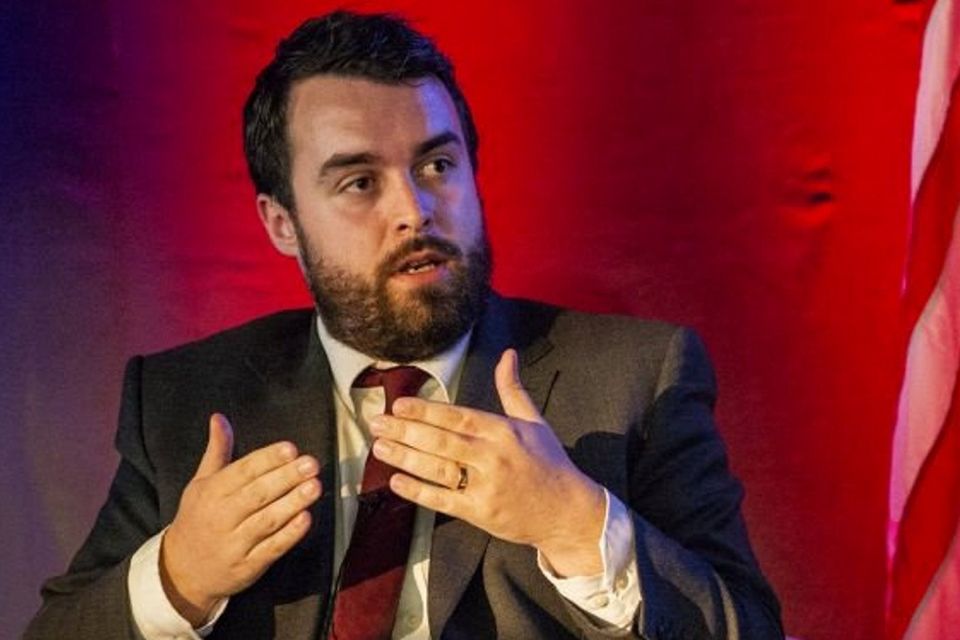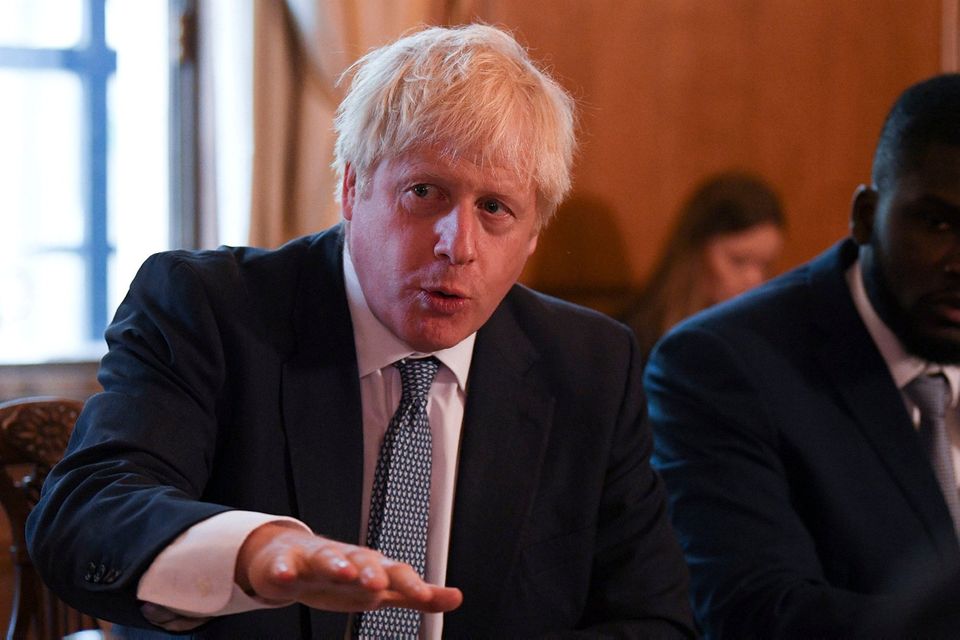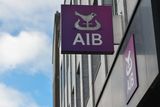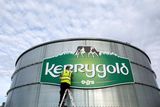Buoyant economy under threat from Brexit and world slowdown - Ibec
Ibec chief economist Gerard Brady has voiced concerns about a hard Brexit under UK PM Boris Johnson
After five years of stellar growth in which Ireland far outperformed the rest of the European Union, the pace is set to slow this year and next as the outlook for world trade darkens, say the latest forecasts from business group Ibec.
It is forecasting growth of 4pc this year, moderating to 2.7pc in 2020 as the domestic and global economies reach a mature stage of the business cycle. Ibec warns that in the event of a hard Brexit, the outcome next year could be half its baseline forecast.
Official data from the Central Statistics Office shows the economy averaged 11pc annual growth between 2013-18.
"In the event of a no-deal Brexit, we expect significant impacts from continued depreciation in the value of sterling, cancelled investment, falling consumer confidence, rising costs and significant trade disruption," Ibec chief economist Gerard Brady writes in a report.
"The economy may still grow, but growth would more than halve in 2020 and employment growth could fall below 0.5pc."
Thanks to the strong economy and investments by multinational companies, the Government is now running a small budget surplus, there is close to full employment and households are seeing the strongest rises in real living standards since the early 2000s.
Britain's prime minister Boris Johnson. Photo: Daniel Leal-Olivas/PA Wire
Ibec has called on the Government to set up a €500m stabilisation fund in the event of a no-deal outcome and says it needs to be ready to step in with aid on day one as if it waits until after Brexit has taken place, many of the businesses will already have gone to the wall and jobs lost forever.
There is already evidence consumer confidence had been shaken by the threat of Brexit from a slowdown in the purchase of big-ticket items such as cars, Ibec's report says: "Irish consumers have some reserves with savings rates at over 12pc. However, continued uncertainty could translate into further declines in sales of big-ticket items over the coming year."
The rise in property prices also appears to be coming to an end and data from the Central Statistics Office last week showed Dublin values were flat-lining while overall gains were now just 2pc outside the capital.
Ireland is one of the EU's most trade-dependent economies with exports equivalent to more than twice the level of gross domestic product, so highly leveraged to the global economy, especially that of the United States.
As well as the growing risks of a hard Brexit on October 31 now Boris Johnson is UK prime minister, there is the threat the US - which has initiated a trade war with China - could impose duties on car imports from the EU, triggering tit-for-tat sanctions that would hit hard here.
Ibec's analysis shows "Irish goods are the most exposed, on a per capita basis, to the proposed US tariffs on EU goods. Irish exports worth €818m could be hit."
Join the Irish Independent WhatsApp channel
Stay up to date with all the latest news
















